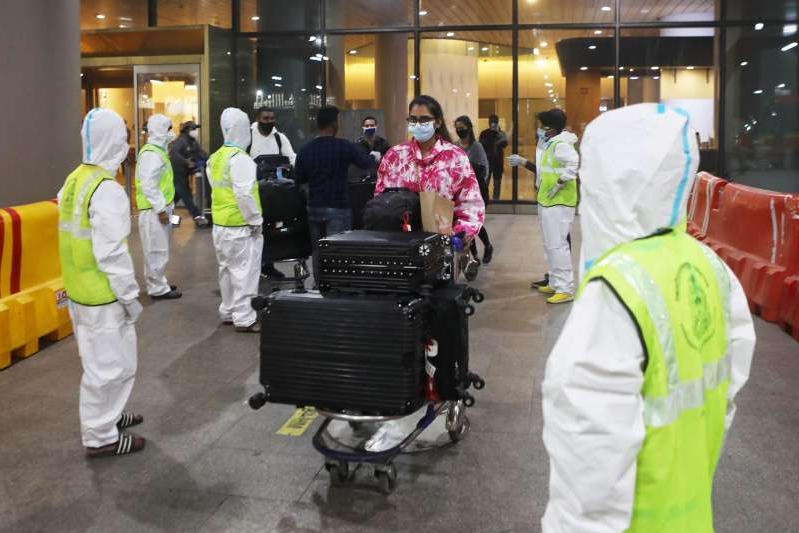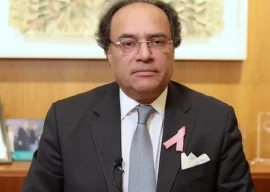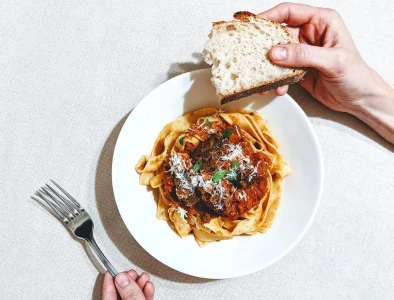
K-P govt traces 66 out of 102 passengers to have arrived from the UK
Tracing efforts come in light of Centre's directives to keep in check the new coronavirus strain identified in Britain
PESHAWAR:
In a bid to keep a check on the new coronavirus strain found in Britain, the Khyber-Pakhtunkhwa (K-P) government was reported on Friday to have traced 66 out of the 102 passengers who arrived in the province from the UK on the federal government's directives.
The Express Tribune learnt that people from 12 districts, including Mardan, Abbottabad, Swat and Nowshera traveled to the UK, and at least 102 passengers arrived in K-P in one week. According to sources, the K-P health department alerted all district officers following the identification of the people.
A notification issued by the provincial government said all passengers coming from the UK should be tested and quarantined.
The province's health department said the UK-borne coronavirus was more severe in terms of its transmission rate than the original one.
According to Reuters, Britain earlier today reported that the new variant may be 70 per cent more transmissable than the first.
On December 21, Pakistan banned entry of passengers from the UK into Pakistan over fears concerning the highly infectious new coronavirus strain.
A slew of countries closed their borders to Britain, suspending travel for Britons, after Prime Minister Boris Johnson warned that a mutated variant of the virus had been identified in the country.
The decision to ban travel from the UK was taken by the National Command and Operation Centre (NCOC) on a day when the Pakistan International Airlines (PIA) cancelled all flights to and from Saudi Arabia.
“Temporary restriction is being put in place on inbound travellers from UK (whether direct or indirect) into Pakistan to be effective from midnight Dec 22 until Dec 29,” the Civil Aviation Authority (CAA) said in its notification.




1724018265-1/City-Traffic-Police-(CTP)1724018265-1-270x192.webp)










COMMENTS
Comments are moderated and generally will be posted if they are on-topic and not abusive.
For more information, please see our Comments FAQ